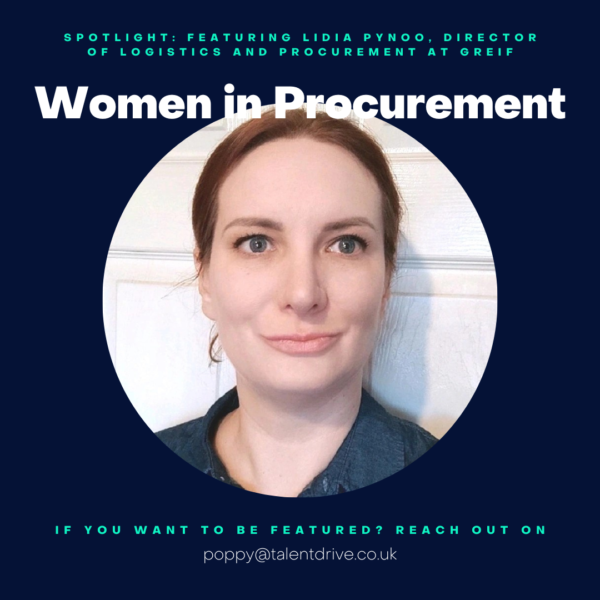“I think that women are more cautious about putting themselves out there in case of failure, where I think that men are much more willing to take that risk, and can see themselves succeeding, where women can see themselves failing.”
To see a greater representation for females at director level roles, we need to encourage women in procurement to seize the opportunities that they deserve. Speaking to the differing mindset between male and female counterparts, Dentsu International’s Procurement Director, Claire Willis, vouches for the support that could help level the playing field in our industry. Also in this episode, we hear how seeking soft skills over category experience can help break bad habits, deconstruct the taboo over maternity and paternity in business, and the increasing focus on procurement’s power as a force for good.
This episode of Talent Talks covers:
- The degree of diversity in director level roles
- Encouraging female colleagues to seize great opportunities
- Balancing self-promotion and promoting your team
- The growing recognition of procurement’s capacity to add value
- Increasing importance of social impact, and being a force for good
- Excelling through various category transitions
- Claire’s most sought after traits for building a procurement team
This episode of Talent Talks is sponsored by Suppleye – a free to access platform that provides fresh insights, breaking news and unique sentiment scores on the companies that interest you. Know your suppliers inside and out by visiting https://www.suppleye.com/ and signing up in less than 2 minutes.
Links & references
- Claire Willis, Procurement Director at Dentsu International
- Dentsu International
- Martin Smith, Founder & Director of Talent Drive
Episode highlights
“I think that women are more cautious about putting themselves out there in case of failure, where I think that men are much more willing to take that risk, and can see themselves succeeding, where women can see themselves failing. I don’t know why that is.” – 5:15 – Claire Willis
“I’ve got a really good team and I try to tell them all the time how good they are, because I think there’s a lot of issues like imposter syndrome. People often struggle with not quite feeling like they’re doing a good job. So I feel like it’s my role to make sure that they understand how good they are, and where they might need development as well.” – 9:25 – Claire Willis
“I think there’s a weird dynamic around maternity. I talk about this because I returned from maternity leave last year, and it’s like this silent subject, which I find slightly odd because having a family is quite a normal life event. It’s a bit weird to me that we then don’t talk about it – we should be celebrating it!” – 13:41 – Claire Willis
“The other thing I think that’s an interesting dynamic as well is how it affects the men in our team, because men are expected to take a really minimal amount of time off, even though we’ve got this sort of shared parental leave.” – 14:49 – Claire Willis
“I feel like procurement has moved from being considered to be a burden or an obstacle that needs to be got around, to where we are today. I appreciate this will vary from company to company, but we’ve got a more of a business partner approach.” – 19:25 – Claire Willis
“I think in procurement we are uniquely placed to be a force for good because we have the right position and influence to be able to touch all parts of the business. You’ve got touch points across the whole business.” – 28:20 – Claire Willis
“Category experience and knowledge is really helpful, but I do think that can be learned, and the process can be learned. But the soft skills that a person has can’t necessarily be learned.” – 33:44 – Claire Willis
“I feel in the position of management, you actually are lucky that you’re able to be a force for good, and make some good decisions for people, and help them with their careers, and with their personal issues and things like that. That’s always been really important to me that I can do that with my team.” – 40:10 – Claire Willis
“The media industry is not particularly structured, so having someone to come in from a more structured background, which we do have, is really interesting. They come in and they just see things so differently and pick up on things that perhaps we’ve stopped noticing, because we’re so used to that, that’s the way it works in media. But that’s not the way it works in other industries. ” – 42:22 – Claire Willis


